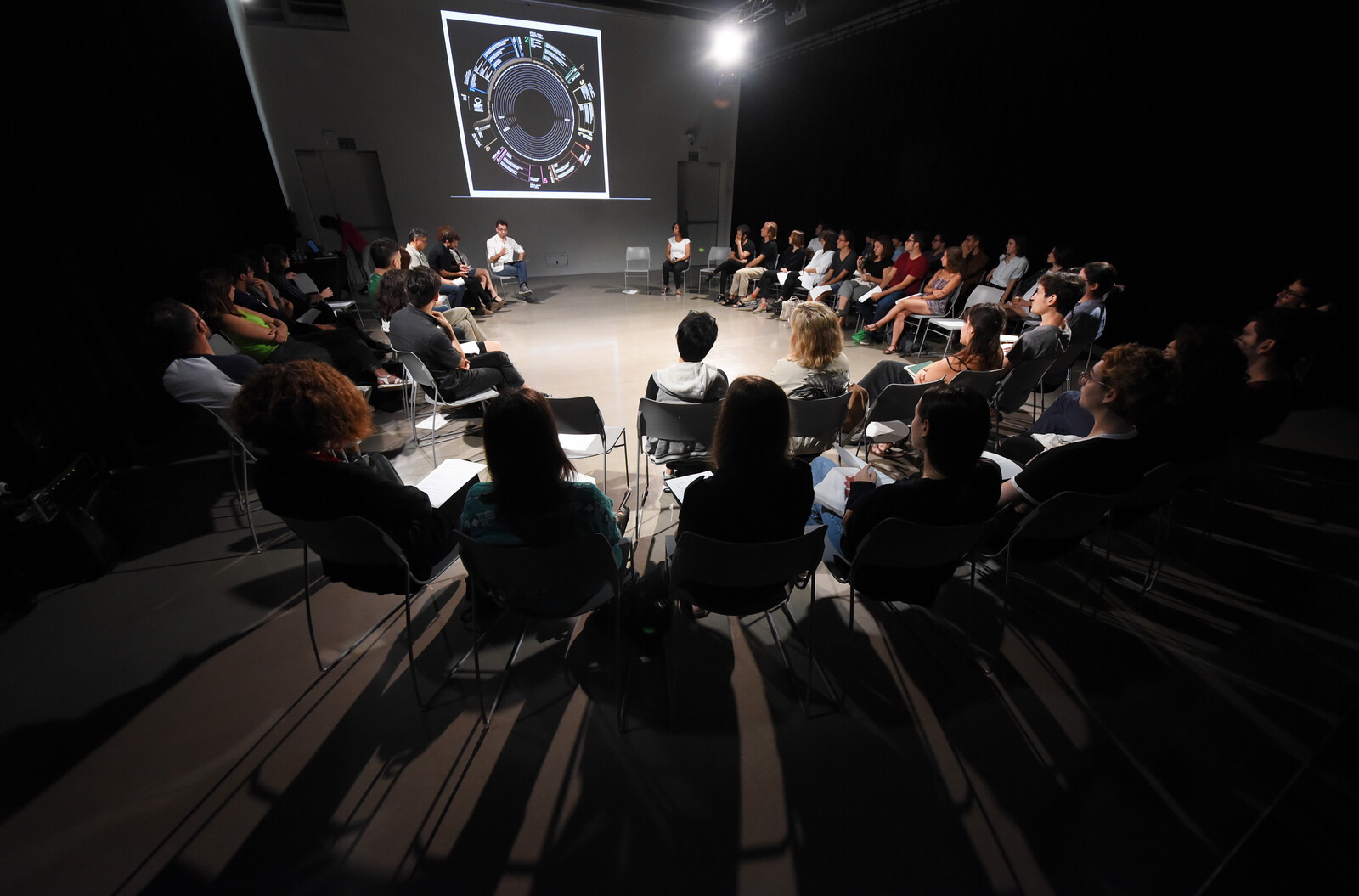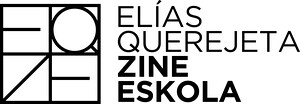Application deadline: May 31, 2019
Andre zigarrogileak plaza, 1
International Centre for Contemporary Culture
20012 Donostia-San Sebastián
Spain
Elías Querejeta Zine Eskola is an international centre for thinking, research, experimental practice and pedagogical innovation based around the past, present and future of cinema
Created and financed by Provincial Council of Gipuzkoa, Elías Querejeta Zine Eskola opened in 2017 with a passionately regenerative spirit: its ultimate purpose is not to train technical staff by following traditional standardised training models, but to encourage the emergence of filmmakers with a comprehensive vision of cinema who are able to produce new (working, conceptual, creative, professional) realities on film.
EQZE is taking shape based on the fields of knowledge of the three agents that are taking part in its conceptualisation: the Basque Film Archive, San Sebastián International Film Festival and the Tabakalera cultural project . It is based in Tabakalera International Centre for Contemporary Culture where these institutions are also located.
The institutions involved in the development of the school are not teaching but film institutions. This is why the school that they are promoting is also basically a film project: an idea of cinema that is taking shape as an educational project. This is the reason why EQZE does not have a range of training programmes, but a single educational project made up of three postgraduate programmes: Film Preservation Studies, Film Curating Studies and Filmmaking Studies.
Furthermore, research is a way of being at the cinema for Elías Querejeta Zine Eskola. A natural habit and a true work methodology that involves and makes demands on students, teachers and professionals. That’s why the school is also a place for reflection and innovation. And ultimately, a school for the school itself, through the permanent questioning of film pedagogy.
From February 2019 the University of the Basque Country (UPV/EHU) recognizes the current postgraduate degrees as official Master’s degrees. The courses run by the school will have the same academic value and (where appropriate) the same professional value as those run by internal UPV/EHU faculties and colleges.
The unique nature of its origins and location, its idea of cinema and its teaching project make this centre an exceptional case internationally, which doesn’t prevent it, for the same reasons, from aspiring to become an aesthetic and professional laboratory for Basque cinema.


